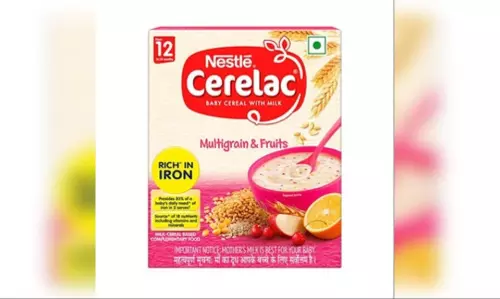
Sharp decline in rubber production in state, output declines more than 15%
text_fieldsKottayam: Production of natural rubber in Kerala has declined by more than 15 per cent during last fiscal as against the yield for the corresponding previous year as unremunerative prices kept rubber growers away from tapping.
Production of natural rubber during 2014-15 was 6,55,000 tonnes which is 15.4 per cent lower than 7,74,000 tonnes produced in 2013-14, according to the latest figures released by the Rubber Board.
Kerala accounts for more than 90 per cent of the total rubber production in the country. The total area under rubber cultivation in the state is 5.45 lakh hectares.
Besides, some 11.50 lakh farmers, most of whom are small-holders, are engaged in cultivation of the commodity.
"The main reason for reduction in production is that rubber growers desist from tapping due to sharp fall in prices of natural rubber," Cochin Rubber Traders Association President N Radhakrishan told PTI.
Production decreased by 26.6 per cent to 35,000 tonnes in March 2015 from 47,700 tonnes during March 2014, Rubber Board said.
Total rubber consumption by various industries, including tyre manufacturers, was 10,18,185 tonnes during 2014-15 which was 3.7 per cent more than the previous year.
Total rubber imports for 2014-15 were 4,14,606 tonnes, an increase of 54,000 tonnes over previous year.
Natural rubber production was at a low ebb ever since the prices nosedived to as low as Rs 120 a kg from as high as Rs 250 a kg two years ago.
"The poor return and high labour cost has forced many of the growers, 75 per cent small and marginal farmers, to keep away from tapping," Radhakrishnan said.
Mathew, a small-farmer, said rubber has become a "very unattractive venture. The unrestricted massive imports by tyre companies have also pushed down domestic demand," he said.
Hiking import duty on rubber and bringing port restrictions would push up the domestic demand for the commodity, thereby providing provide relief to farmers, he added.























